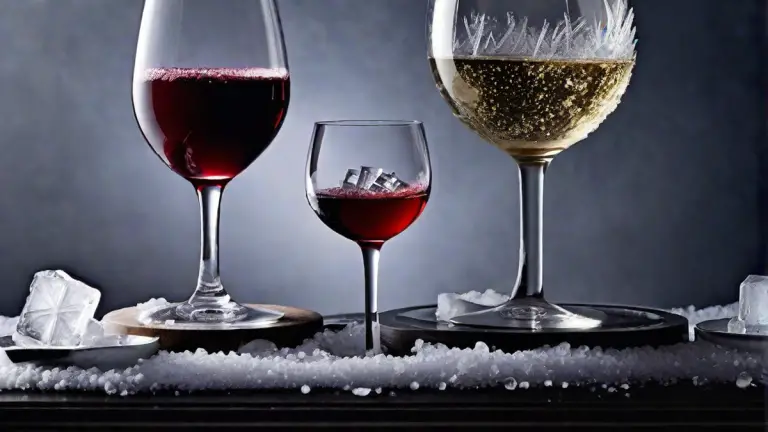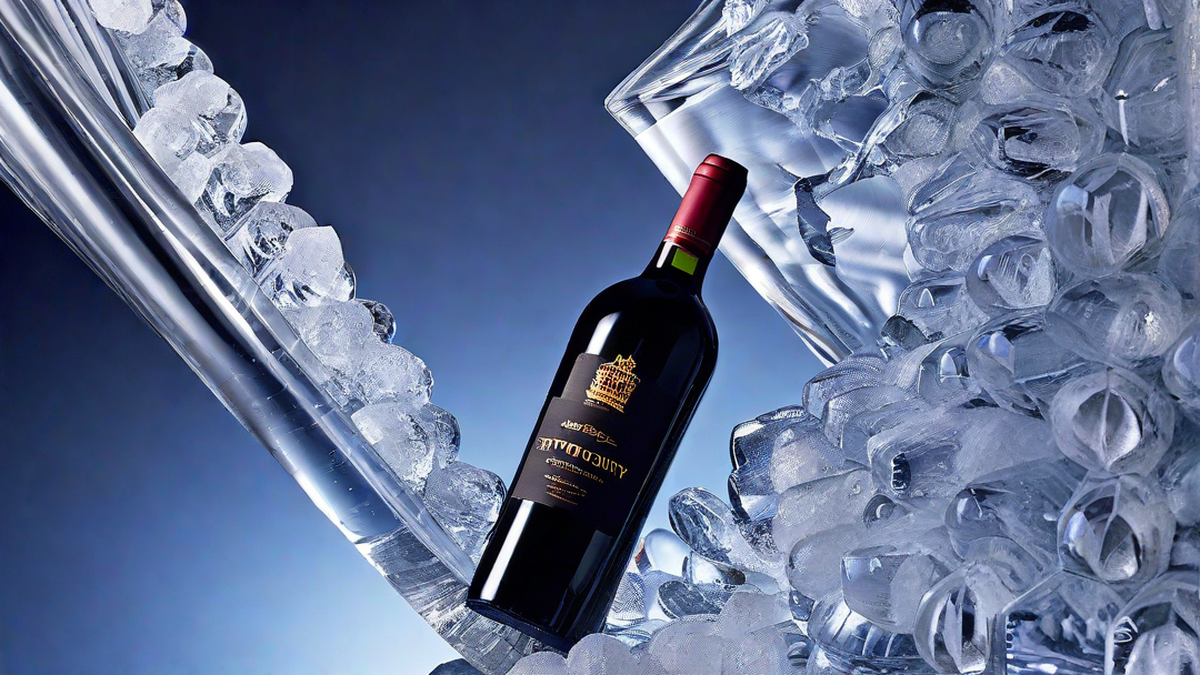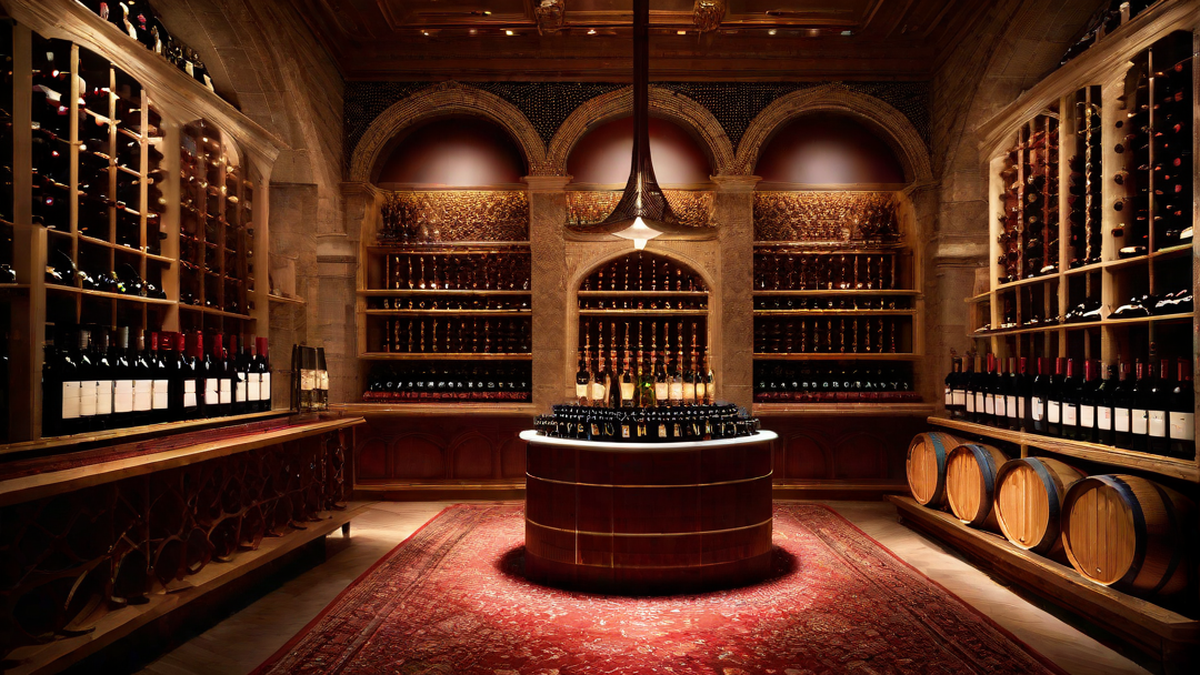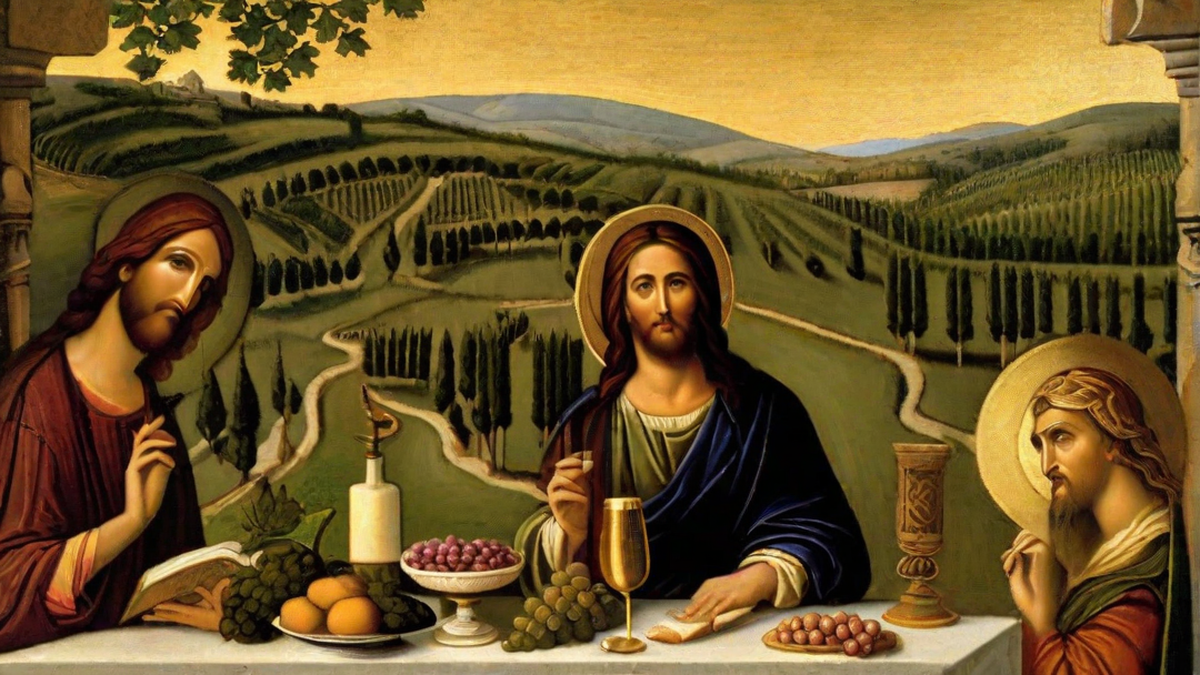Have you ever wondered at what temperature wine freezes? As someone who adores wine, I’ve always been fascinated by how different temperatures affect its taste and overall quality. Join me as we delve into the world of wine freezing and discover some fascinating facts about this enchanting topic.
Understanding the Freezing Point of Wine
Wine is made up of water, alcohol, and various compounds that give it its distinct flavors and aromas. The freezing point of wine is primarily determined by its alcohol content. As you may know, alcohol has a lower freezing point than water.
On average, wine typically freezes at a temperature between 15°F (-9°C) and 20°F (-6°C). However, it’s important to note that the precise freezing point can vary depending on the type of wine, its alcohol content, and other factors.
The Impact of Freezing on Wine
When wine freezes, the water within it forms ice crystals, which can cause changes in the wine’s structure and potentially impact its taste. These ice crystals can also create pressure that may push out the wine’s cork or even break the bottle if the expansion is substantial.
Moreover, freezing can alter the delicate balance of flavors and aromas in wine. It can result in a loss of fruitiness, a muted bouquet, and a jagged texture on the palate. This is why it is crucial to store wine in a cool, but not freezing, environment.
Protecting Your Wine from Freezing
If you live in a region with extremely cold winter temperatures or plan to store your wine in a cold cellar, it’s essential to take precautions to prevent freezing. Here are some tips:
- Keep your wine stored in a temperature-controlled environment. The ideal temperature for wine storage is typically around 55°F (13°C), which ensures optimal aging and prevents freezing.
- Avoid storing wine in areas prone to extreme temperature fluctuations, such as near windows or in uninsulated garages.
- Consider investing in a wine refrigerator or cellar that allows you to control the temperature and humidity levels, keeping your wine safe from both freezing and excessive heat.
Conclusion
Understanding the freezing point of wine is essential for any wine lover who wants to preserve the integrity and flavors of their cherished bottles. By ensuring proper storage conditions and avoiding exposure to freezing temperatures, you can continue to enjoy your favorite wines at their best.
So, the next time you reach for a bottle of wine, remember to handle it with care and keep it away from freezing temperatures. Cheers to enjoying wine in its most delightful state!



